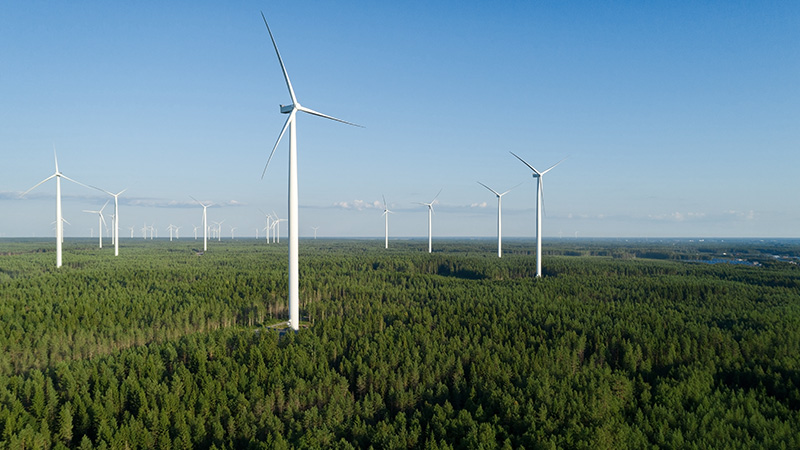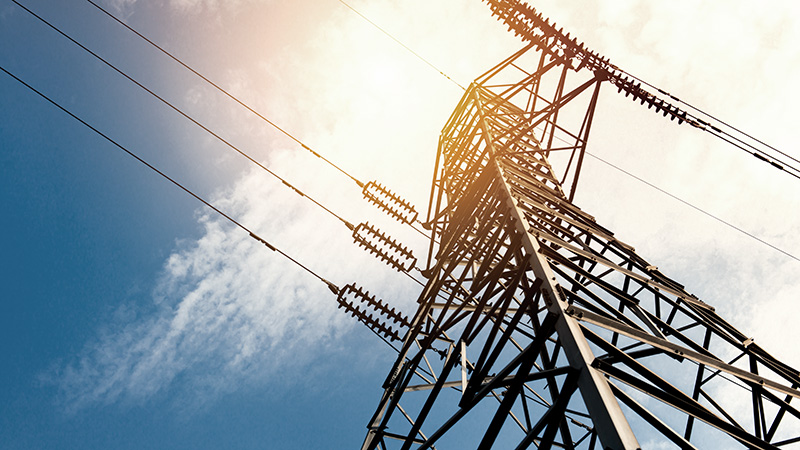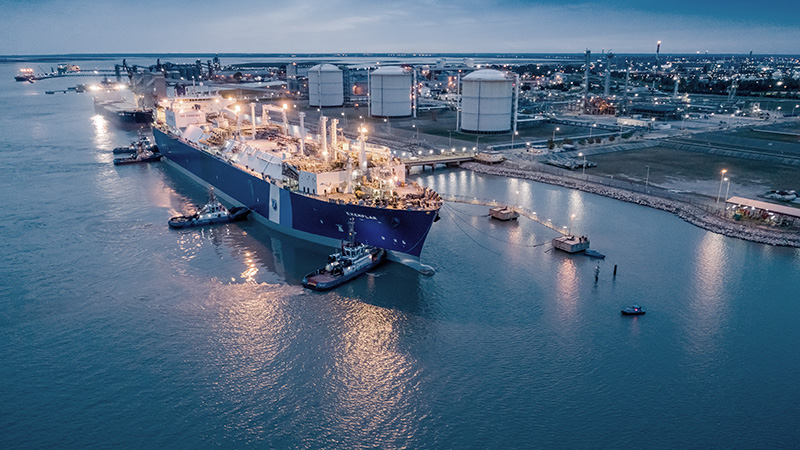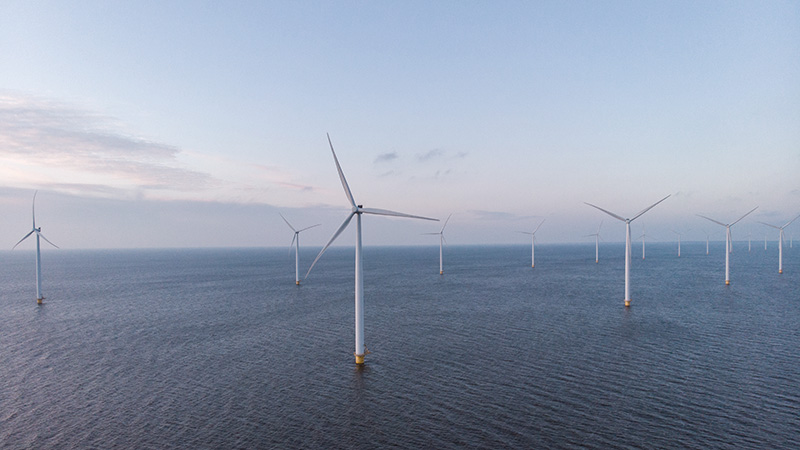Corporate power purchase agreements (PPAs) for renewable energy have been common practice at the international level for the past decade, but have only recently entered the Finnish renewable energy market. A corporate PPA is a long-term agreement between a power producer (wind farm developer) and a purchaser, called the offtaker, for the purchase of renewable energy from a particular wind farm for a pre-agreed price and for a pre-agreed term.
The Rise of Corporate Power Purchase Agreements (PPAs) for Renewable Energy in Finland
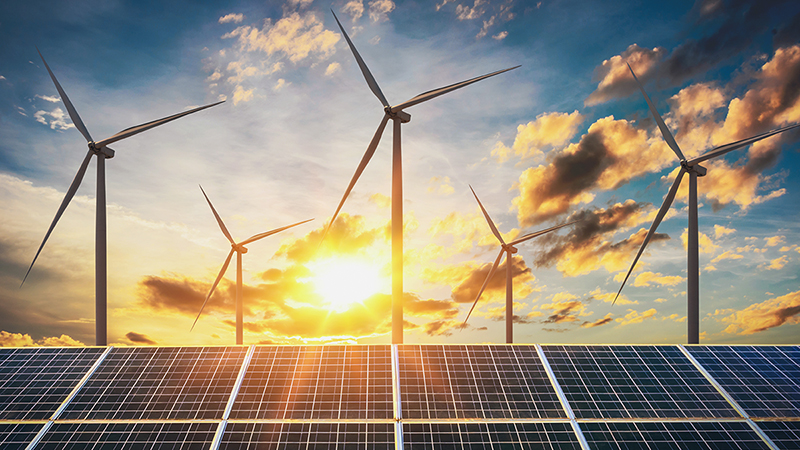
Related services
The recent trend in PPAs results from the fact that while the installed capacity of wind energy has doubled within two years to roughly 2,000 MW in Finland in 2018, a majority of these wind energy investments have been made with the support of state aid from the feed-in tariff scheme. After the feed-in tariff scheme was closed to new projects in the end of 2017, developers have had to look into market-based arrangements for the production of renewable energy. Increased electricity market prices in the Nordics, increased prices of the EU emission allowances and decreased costs of production of wind energy as well as technological advancements are among the other key factors for the recent rise of PPAs in Finland.
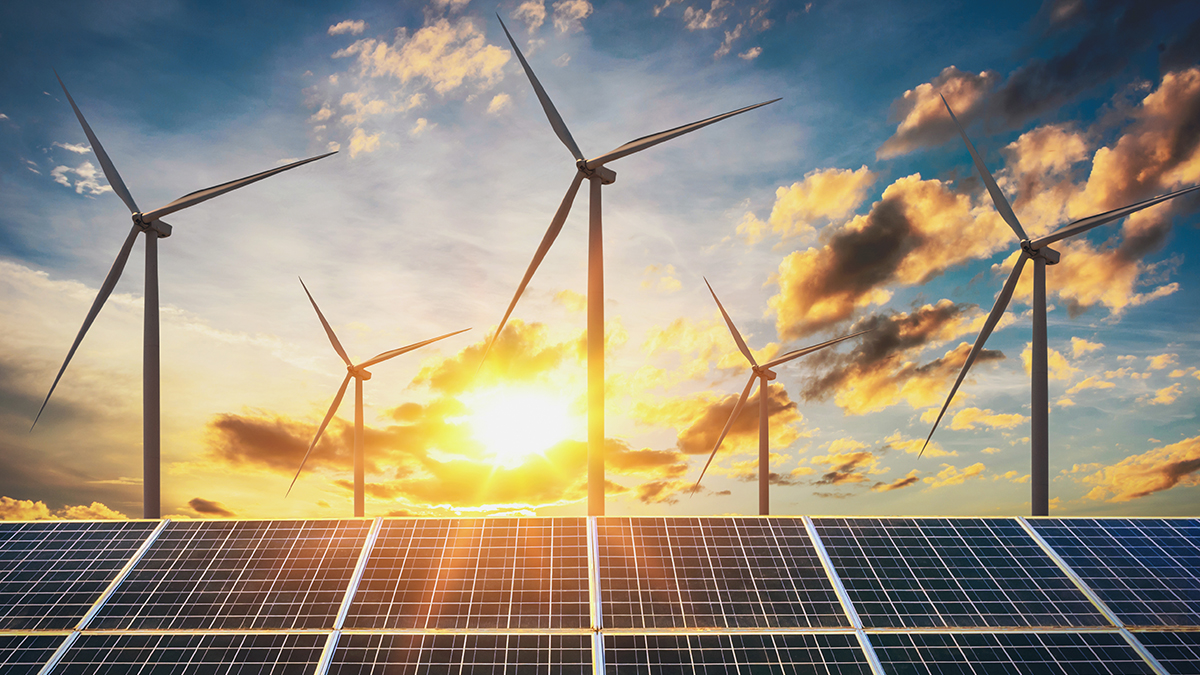
Benefits for the Power Producer
PPAs are typically entered into at a stage where the wind farm development project has not yet been constructed, but the project is ready to be built, i.e. the zoning requirements and permits for the construction and operation of the wind farm have been secured. PPAs are typically entered into for between 10 and 20 years from the start of production. This provides long-term certainty for a specific revenue stream for the developer, which in turn allows the wind energy developer to make the final investment decision on the construction of the wind farm.
The long-term revenue certainty under a PPA is also one of the main criteria in the assessment whether the project is bankable, i.e. whether long-term financing can be granted for the wind farm investment. Since wind farms are often financed on a project finance basis, PPA arrangements normally involve the conclusion of a direct agreement between the project lender, the developer and the offtaker. Under a direct agreement, the lender is granted certain rights to step in and replace the power producer under the PPA in case the power producer defaults under the loan agreement.
The PPA is followed by the conclusion of the project financing agreements as well as the key project agreements for the construction and operation of the wind farm, such as the turbine supply agreement and the balance of the plant agreement.
Benefits for the Offtaker
Many companies have sustainability objectives to reduce the carbon footprints of their operations. A PPA enables large companies to meet their renewable energy commitments. A PPA that contributes to the construction of a specific wind farm project may also be regarded as a tangible means to advance the shift from carbon-based electricity production to climate friendly alternatives.
A typical offtaker under a PPA is a company with high energy demand. Such companies also look for security against electricity market price fluctuation, which in turn may be controlled with the price mechanisms under a long-term PPA.
Key PPA Terms
The fixed electricity price is often considered the key aspect of a PPA. However, the price may also include indexation-related factors or a cap and/or floor price mechanism. In addition, the general risk allocation affects the production price under a corporate PPA.
A PPA may provide that the offtaker must purchase the entire production of the wind farm on an as-generated basis regardless of possible fluctuations in the production volume. Alternatively, the producer may guarantee a pre-agreed production volume for the offtaker under the PPA. The guaranteed production volume is based on an energy yield prediction level, i.e. an annual energy production (AEP), which is usually referred to with probability factors such as P50 or P75.
In addition to the sale and purchase of the power production, guarantees of origin (GOs) have a key role in PPA transactions. GOs are used to verify that the electricity has been produced from renewable energy sources. Under a PPA, the producer is normally liable to provide the offtaker with GOs for the power production from the specific wind farm.
Do Corporate PPAs Offer a Path Forward in Finland?
Recently a new support system for renewable energy called the premium scheme was introduced in Finland. The new premium scheme is based on a technology neutral competitive tendering process in which only those renewable energy development projects are approved into the scheme that offer the greatest annual production for the lowest premium. Further, projects are approved into the scheme only up until an annual production volume of 1.4 TWh under the tender competition in 2018.
Currently it has been estimated that there are roughly 4,000 MW of feasible wind farm projects in Finland. Due to the limited number of projects that will be approved into the premium scheme, we expect that corporate PPAs will have great potential in the Finnish wind energy sector in the future.
We have represented both the offtakers and power producers in relation with PPAs and are actively involved in bringing innovative practices into the Finnish renewable energy markets.






